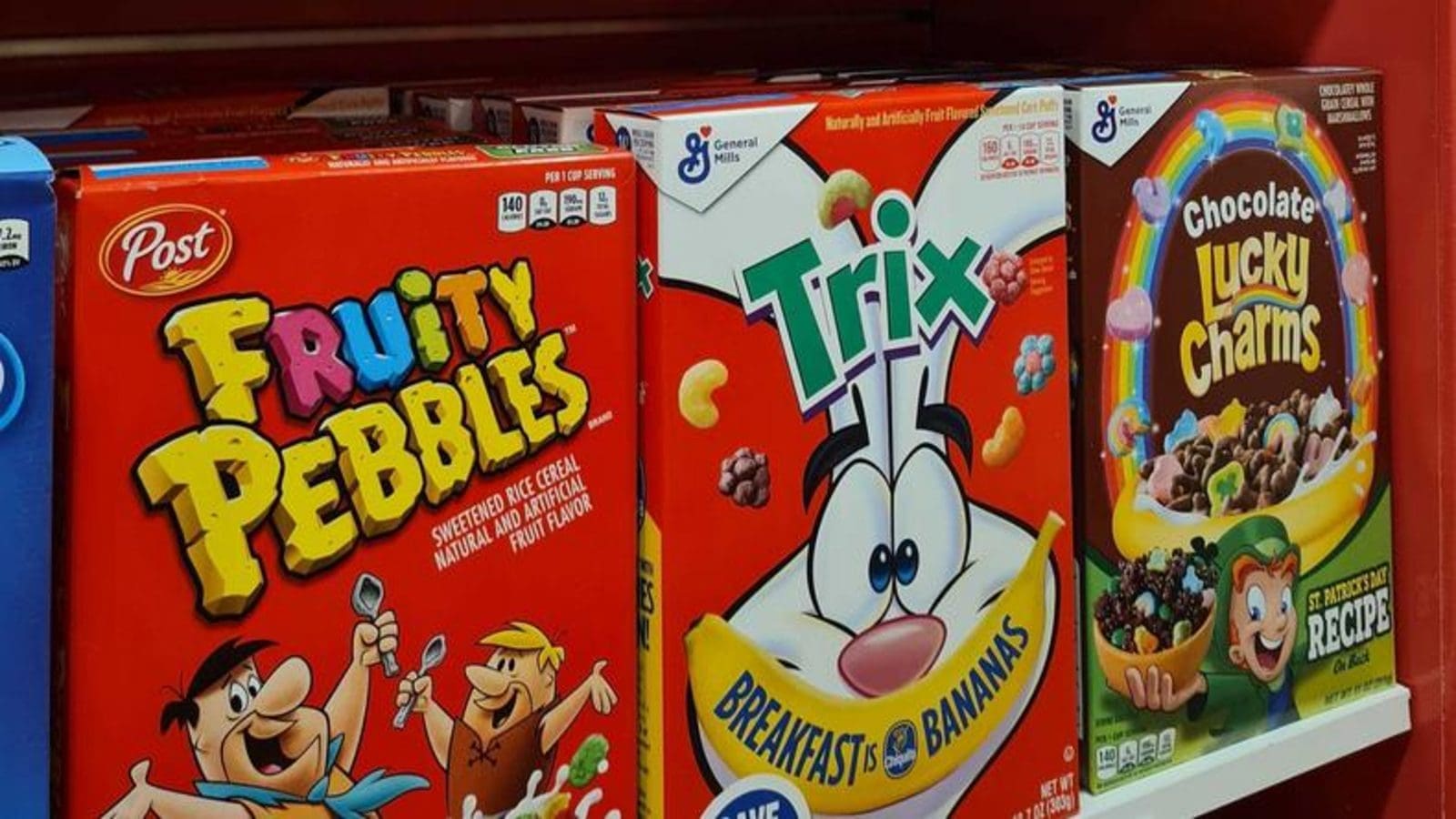USA – Proposed changes to which foods can be labeled “healthy” by the US Food and Drug Administration (FDA) have received strong opposition from major industry players General Mills, Kellogg, and Post Holdings.
The FDA recommendations propose that the “healthy” claim be reserved for “nutrient-dense foods” that contain a certain percentage of fruit, vegetables, grains, dairy or protein.
The proposals have far-reaching effects, particularly on the cereals category as it would, for instance, limit cereals labeled as “healthy” to those containing no more than 2.5 grams of sugar per serving.
General Mills owns cereal brands including Lucky Charms and Cheerios, while Post owns Instant Oatmeal, Golden Crisp, and Bran Flakes. Kellogg’s stable includes Crunchy Nut and Coco Pops.
The companies said the changes, proposed by the US Food and Drug Administration (FDA), would exclude more than 95% of the “major ready-to-eat cereals” from being labelled as healthy.
In defense, the companies claimed ready-to-eat cereal is “an affordable, accessible, convenient, and popular nutrient-dense food that has a long history of helping consumers build healthy dietary patterns”.
In a joint address, the companies wrote: “As research continues to demonstrate, cereal is one of the most affordable, nutrient-dense breakfast choices a person adult or child can make.
“Furthermore, ready-to-eat cereal is recognized for its value and nutritional benefits in federal feeding programs that reach more than 20m participants who are nutritionally at risk,” they noted.
FDA’s action comes on the back of mounting pressure on food manufacturers around the globe to reduce sugar and improve the health credentials of their lines.
For instance, in Germany, a debate is raging around regulating advertising “junk” food within earshot of children with the government proposing bans on adverts targeted at children for food and drinks containing “too much” sugar, salt, or fat.
Meanwhile in the UK campaigners are calling for the legal regulation of the sugar content of food, especially categories aimed at children after a report revealed that manufacturers had fallen short of sugar reduction targets set six years ago.
For all the latest food industry news from Africa and the World, subscribe to our NEWSLETTER, follow us on Twitter and LinkedIn, like us on Facebook and subscribe to our YouTube channel










